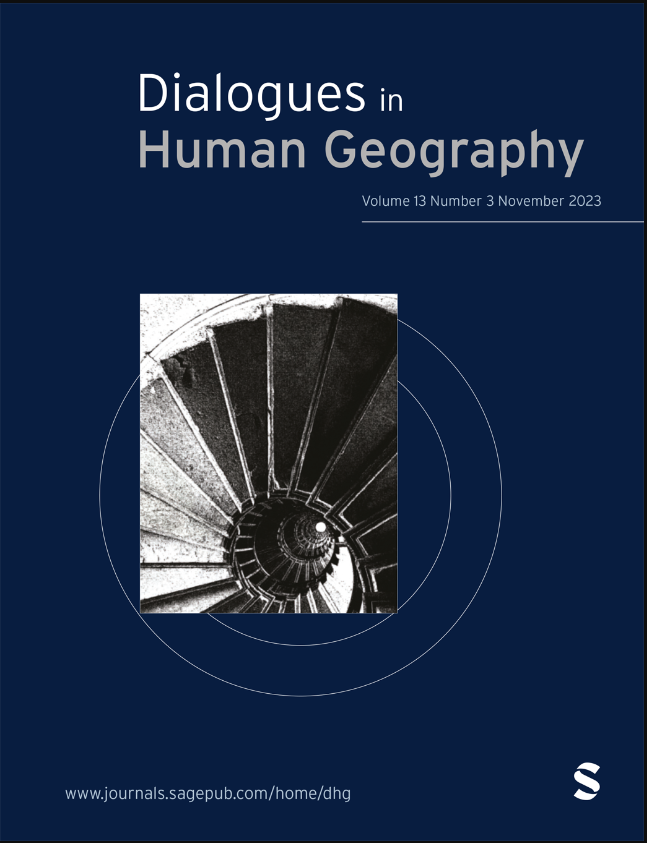公共图书馆和未来的社会基础设施
IF 9.6
1区 社会学
Q1 GEOGRAPHY
引用次数: 0
摘要
目前对社会基础设施的大量地理研究再次引起人们对包括公共图书馆在内的一系列公共服务的持久重要性的关注。然而,这些工作并没有深入探讨此类服务的基础设施未来,既没有涉及其持续的脆弱性,也没有涉及它们可能阐明或已经包含的可能和更激进的城市未来。这篇评论考虑了社会基础设施的未来:物理空间本身的可行性,以及理论概念更明确地涉及时间性问题的必要性。本文章由计算机程序翻译,如有差异,请以英文原文为准。
The public library and the futures of social infrastructure
The current abundance of geographical research on social infrastructure has drawn renewed attention to the enduring importance of a range of public services, including the public library. However, these works have not engaged at length with the infrastructural futures of such services, neither in their ongoing vulnerability, nor with what they may illuminate, or already contain of possible and more radical urban futures. This commentary considers the future of social infrastructure: the viability of the physical spaces themselves, and the need for the theoretical concept to engage more explicitly with questions of temporality.
求助全文
通过发布文献求助,成功后即可免费获取论文全文。
去求助
来源期刊

Dialogues in Human Geography
GEOGRAPHY-
CiteScore
8.00
自引率
4.00%
发文量
86
期刊介绍:
Dialogues in Human Geography aims to foster open and critical debate on the philosophical, methodological, and pedagogical underpinnings of geographic thought and practice. The journal publishes articles, accompanied by responses, that critique current thinking and practice while charting future directions for geographic thought, empirical research, and pedagogy. Dialogues is theoretically oriented, forward-looking, and seeks to publish original and innovative work that expands the boundaries of geographical theory, practice, and pedagogy through a unique format of open peer commentary. This format encourages engaged dialogue. The journal's scope encompasses the broader agenda of human geography within the context of social sciences, humanities, and environmental sciences, as well as specific ideas, debates, and practices within disciplinary subfields. It is relevant and useful to those interested in all aspects of the discipline.
 求助内容:
求助内容: 应助结果提醒方式:
应助结果提醒方式:


